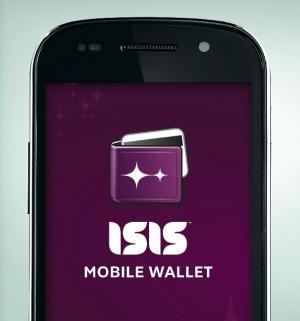NFC Times Exclusive: As the Isis joint venture gears up for its planned national rollout, NFC Times looks at the view on the ground in its pilot cities of Austin, Texas, and Salt Lake City, Utah, from the perspective of merchants and consumers.
NFC Times conducted informal in-person interviews with merchants, consumers and some agents at mobile shops in Austin. We supplemented the survey with calls to merchants in Salt Lake City. The interviews took place six to nine months after the pilot began in the two cities, last October.
Most of the interviews were conducted with small merchants, since large retailers, like Isis, tightly limit information on results of the pilot.


I think the only ussue with lack luster use is that the release was not national. Personally I think ISIS failed in their marketing of the service. Just as ISIS was released, 10/2012 they started to push a ton of ads out to the public. It was to early and people simply had no idea what was being advertised. Might as well have been a huge billboard with the word, "HGSI" on it. If no one knew what it was for then it's worthless. They also had "cute" commercials showing a person walking by a store and paying with their phone. No _real_ information on what it was, how/where to get it... nothing. ISIS should get their money back from the marketing company they used for their ads. Another issue is that not only did consumers not know anything about ISIS, merchants did not either. ISIS was just a piece of plastic above the card reader that no one knew anything about.
ISIS may have been the best kept secret in two states.
In the past two months things have been turning around. With the great deals ISIS is putting out (I suspect, funding), merchants now know all about ISIS and it's very easy to pay via ISIS. This with ISIS gettnig rid of the pre-paid card and allowing more cards to be added should really help it's system.
I think once ISIS goes national that it will really start to cactch on. While Salt Lake City and Austin are not small towns, something like ISIS needs a national presence to stand a chance. I think ISIS has done a great job in the past several months (or at least what they are not showing is a big improvement). As I understand it, the app will change a lot once it goes national. ISIS has added many vendors so far and I think that number will grow.